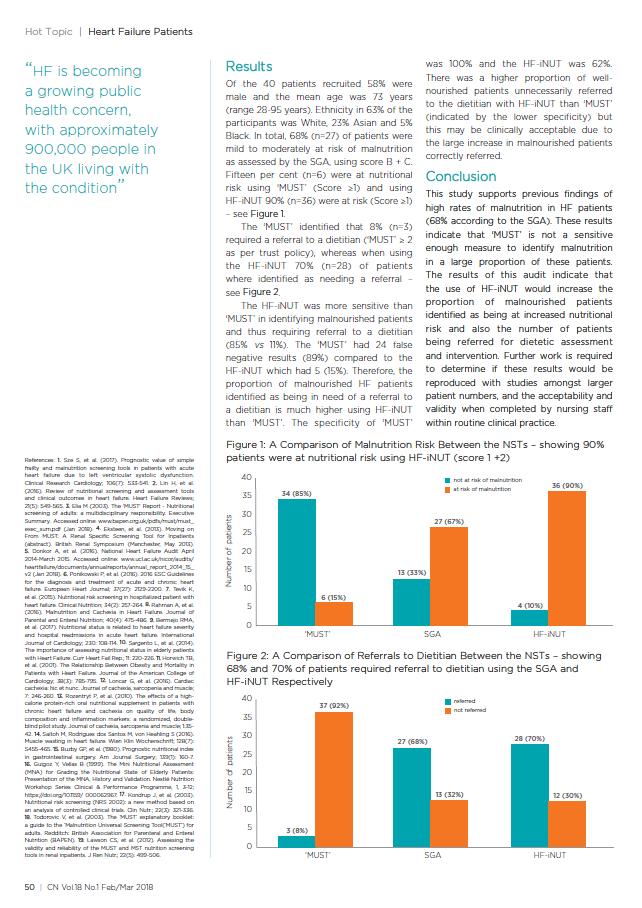Exercise can reduce the risk of many diseases such as heart disease, stroke, type 2 diabetes and some cancers. Research shows that physical activity can also boost self-esteem, mood, sleep quality&energy, as well as reducing your risk of stress, depression, dementia+Alzheimers 

🥤Maintaining hydration is important for all forms of exercise and day-to-day living. Dehydration affects both physical and mental performance. Ensure you are hydrated before and after your exercise session. Follow this link to see how hydrated you are: nhsinform.scot/campaigns/hydr…
Energy and protein are key for recovery. People generally require 1-1.2g protein/kg/day. However in illness protein requirements can be higher. Dietetic advice is essential to ensure nutritional requirements are met. Different clinical conditions need tailored dietetic advice
However we do need to eat adequate protein to maintain our muscles during illness. Lean meat, poultry, fish, eggs, and milk products (such as cottage cheese and Greek yoghurt), beans and pulses, quorn, nuts and seeds are all good examples of protein rich foods. @StGDietitians
Some medical conditions cause patients to become fluid overloaded. Don’t let this mask malnutrition and use an appropriate nutritional screening tool. Our renal & heart failure dietitians have developed a specific nutritional screening tool to help. #WhatDietitiansDo 





• • •
Missing some Tweet in this thread? You can try to
force a refresh









